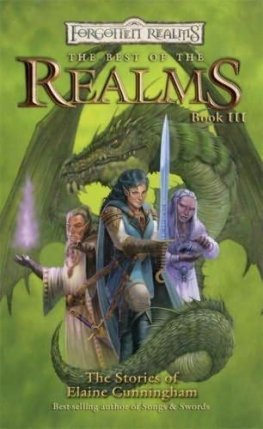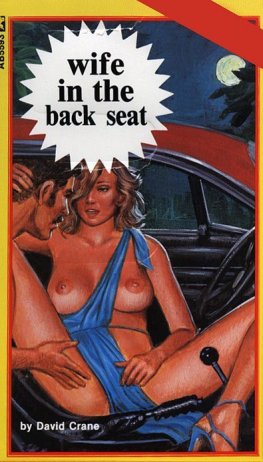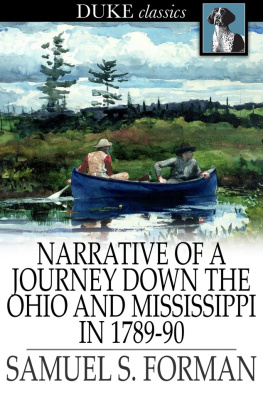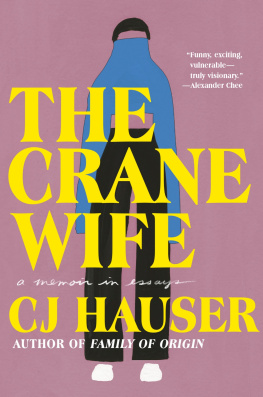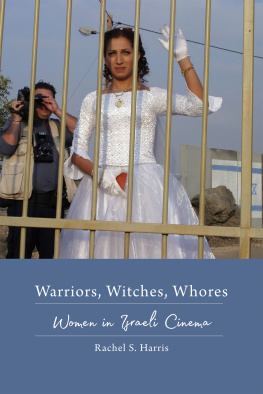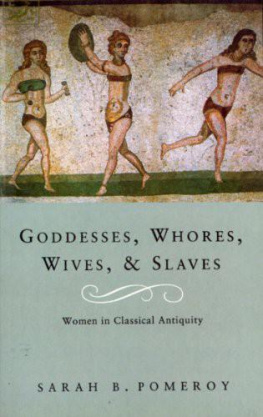A CKNOWLEDGMENTS
Steve, of course, comes first. It has been extremely handy to have a lawyer on hand for a book like this, not to mention an enthusiastic supporter and gentle critic who is as familiar with archives in New England, Bermuda, and Maryland as I am. It was probably above and beyond the call of duty to drive with me in a heavy snowstorm to Rhode Island in late December 2008 to confirm that Comfort Taylors screams could be heard across Narragansett Bay, but he did that too. I am greatly obligated to him for all his efforts, although I paid some of it off with rum swizzles in Bermuda, lobsters in Rhode Island, and crab cakes in Maryland.
Fordham University has been a longtime supporter of my efforts to research and write. Grant money, course reductions, and leaves of absence all furthered the project. The Walsh Library Interlibrary Loan Office was as helpful as it has been in the past. No sooner did I put in a request than I received word the obscure book or article had arrived. Individual colleagues rendered assistance each time I badgered someone with a question: my thanks to Maryanne Kowaleski, Richard Gyug, and Susan Wabuda. Susan Rays assistance with translations from German to English meant that I could use important foreign language books. My graduate students, Samanta Brihaspat, Efrat Nimrod, Elizabeth Stack, Melissa Arredia, and Nol Wolfe read and criticized the introduction without worrying they would fail my course for doing so. Jenna Silvers assisted me by finding illustrations. Ken Kurihara and Mariah Adin, former graduate students, were no less helpful.
Colleagues around the country read various chapters, answered questions, and made helpful suggestions. They include Nina Dayton, Edith Gelles, Joyce Goodfriend, James Green, Jack Greene, David Hall, Bruce Mann, John Murrin, Mary Beth Norton, Elizabeth Reis, Susannah Romney, Sheila Skemp, Terri Snyder, and Mike Zuckerman.
Since several of the chapters deal with incidents that took place in Rhode Island, I spent considerable time in the archives there, and my gratitude is extended to those who assisted me in various repositories. At the Rhode Island Judicial Archives Steve Grimes and Andy Smith went out of their way to provide me with needed material, as did Bert Lippincott at the Newport Historical Society and Gwen Stearn and Ken Carlson at the Rhode Island State Archives. This is the third book of mine these professionals have nurtured. My thanks also to John Torgan, baykeeper of Narragansett Bay, who discussed arcane issues of sight and sound with me. Richard and Joan Youngken tolerated the questions asked by a researcher who writes about New England but who knows less about boats and sailing than most landlubbers.
Participants at the Boston Area Early American Seminar, sponsored by the Massachusetts Historical Society, offered constructive ideas for the chapter on Comfort Taylor and Cuff. I thank Conrad Wright for inviting me to participate in the seminar series and Gerald Leonard for his perceptive comments on my paper. Similarly, I am grateful to Dan Richter for inviting me to present A Ghost Story at the Friday McNeil Center seminar series, and to the seminar participants for their welcome suggestions.
The chapter on witchcraft in Bermuda is indebted to Karla Hayward, Richard Lowery, and Joanne Brangman at the Bermuda Archives; Ann Upton, special collections librarian at Haverford College; as well as to Clarence Maxwell, Michael Jarvis, Virginia and Jim Bernhard, and Jennifer Hind.
Ghosts can be very elusive, and I am grateful to the many Marylanders who helped rouse Thomas Harris from the dead: State Archivist Ed Papenfuse, and Owen Lourie, Joyce Phelps, and Jean Russo at the Maryland State Archives. Scott MacGlashan, clerk of the Queen Annes County Courthouse, provided invaluable assistance. Rob Rogers and the staff at the Maryland Historical Society were extremely helpful as well. My old friend Janet Johnson provided good company during the off hours when we could just talk about the days finds.
Jaap Jacobs, Joyce Goodfriend, and Karen Kupperman were instrumental in refining the chapter on slander in New Amsterdam. That chapter could not have been written without the assistance of Virginie Adane, a graduate student fluent in Dutch, who checked the English translation of the Dutch court records against the original seventeenth-century manuscripts.
Samuel Banisters story was reconstructed with help from Elizabeth Bouvier at the Massachusetts Archives in Boston and Ann Tate and Scotty Breed at the Stonington (Conn.) Historical Society.
There are people whose efforts significantly affected this book in different ways. Wilton Tejada, my physical trainer, spent countless hours listening to and commenting on the chapter about Comfort and Cuff. His insightful comments made me rethink several points, and I will not forget the moments, gasping for breath as he forced me to do five more reps, that I asked him to e-mail me the thought he had just conveyed. Sheri Englund, my former editor at Cornell University Press, is now a literary consultant. She read, commented on the entire manuscript, and offered thoughts about organizing the material that I implemented before daring to submit the book for publication. Rosemarie Zagarri, an exceptional early American historian and good friend, took time out to read and comment on the manuscript once it was submitted, and her creative suggestions about framing the introduction made a difficult task considerably easier.
It has been a privilege to have Michael McGandy as my editor at Cornell University Press. His thorough reading and thoughtful proposals have made considerable difference in the clarity of presentation and cohesiveness of the manuscript. It was also a pleasure to work with Sarah Grossman, who was very patient with me as I tried to navigate the world of electronic images. Thanks also to Ange Romeo-Hall and Susan Barnett for their effective and competent assistance and to Glenn Novak, whose copyediting skills smoothed the final manuscript. Finally, none of my books would be complete without an index compiled or supervised by John Kaminski. This time kudos to Jonathan Reid for assembling a cohesive index from six diverse chapters.



